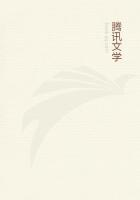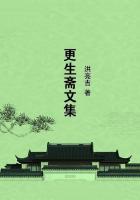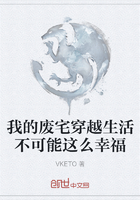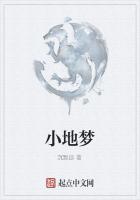Because every thought, either philosophical or religious, is interested in perpetuating itself; because the idea which has moved one generation wishes to move others also, and leave a trace. Now, what a precarious immortality is that of the manuscript! How much more solid, durable, unyielding, is a book of stone! In order to destroy the written word, a torch and a Turk are sufficient. To demolish the constructed word, a social revolution, a terrestrial revolution are required.
The barbarians passed over the Coliseum; the deluge, perhaps, passed over the Pyramids.
In the fifteenth century everything changes.
Human thought discovers a mode of perpetuating itself, not only more durable and more resisting than architecture, but still more ****** and easy. Architecture is dethroned.
Gutenberg's letters of lead are about to supersede Orpheus's letters of stone.
*The book is about to kill the edifice*.
The invention of printing is the greatest event in history.
It is the mother of revolution. It is the mode of expression of humanity which is totally renewed; it is human thought stripping off one form and donning another; it is the complete and definitive change of skin of that symbolical serpent which since the days of Adam has represented intelligence.
In its printed form, thought is more imperishable than ever; it is volatile, irresistible, indestructible. It is mingled with the air. In the days of architecture it made a mountain of itself, and took powerful possession of a century and a place. Now it converts itself into a flock of birds, scatters itself to the four winds, and occupies all points of air and space at once.
We repeat, who does not perceive that in this form it is far more indelible? It was solid, it has become alive.
It passes from duration in time to immortality. One can demolish a mass; bow can one extirpate ubiquity? If a flood comes, the mountains will have long disappeared beneath the waves, while the birds will still be flying about; and if a single ark floats on the surface of the cataclysm, they will alight upon it, will float with it, will be present with it at the ebbing of the waters; and the new world which emerges from this chaos will behold, on its awakening, the thought of the world which has been submerged soaring above it, winged and living.
And when one observes that this mode of expression is not only the most conservative, but also the most ******, the most convenient, the most practicable for all; when one reflects that it does not drag after it bulky baggage, and does not set in motion a heavy apparatus; when one compares thought forced, in order to transform itself into an edifice, to put in motion four or five other arts and tons of gold, a whole mountain of stones, a whole forest of timber-work, a whole nation of workmen; when one compares it to the thought which becomes a book, and for which a little paper, a little ink, and a pen suffice,--how can one be surprised that human intelligence should have quitted architecture for printing?
Cut the primitive bed of a river abruptly with a canal hollowed out below its level, and the river will desert its bed.
Behold how, beginning with the discovery of printing, architecture withers away little by little, becomes lifeless and bare. How one feels the water sinking, the sap departing, the thought of the times and of the people withdrawing from it! The chill is almost imperceptible in the fifteenth century; the press is, as yet, too weak, and, at the most, draws from powerful architecture a superabundance of life. But practically beginning with the sixteenth century, the malady of architecture is visible; it is no longer the expression of society;it becomes classic art in a miserable manner; from being Gallic, European, indigenous, it becomes Greek and Roman;from being true and modern, it becomes pseudo-classic. It is this decadence which is called the Renaissance. A magnificent decadence, however, for the ancient Gothic genius, that sun which sets behind the gigantic press of Mayence, still penetrates for a while longer with its rays that whole hybrid pile of Latin arcades and Corinthian columns.
It is that setting sun which we mistake for the dawn.
Nevertheless, from the moment when architecture is no longer anything but an art like any other; as soon as it is no longer the total art, the sovereign art, the tyrant art,--it has no longer the power to retain the other arts. So they emancipate themselves, break the yoke of the architect, and take themselves off, each one in its own direction. Each one of them gains by this divorce. Isolation aggrandizes everything.
Sculpture becomes statuary, the image trade becomes painting, the canon becomes music. One would pronounce it an empire dismembered at the death of its Alexander, and whose provinces become kingdoms.
Hence Raphael, Michael Angelo, Jean Goujon, Palestrina, those splendors of the dazzling sixteenth century.
Thought emancipates itself in all directions at the same time as the arts. The arch-heretics of the Middle Ages had already made large incisions into Catholicism. The sixteenth century breaks religious unity. Before the invention of printing, reform would have been merely a schism; printing converted it into a revolution. Take away the press; heresy is enervated.
Whether it be Providence or Fate, Gutenburg is the precursor of Luther.

